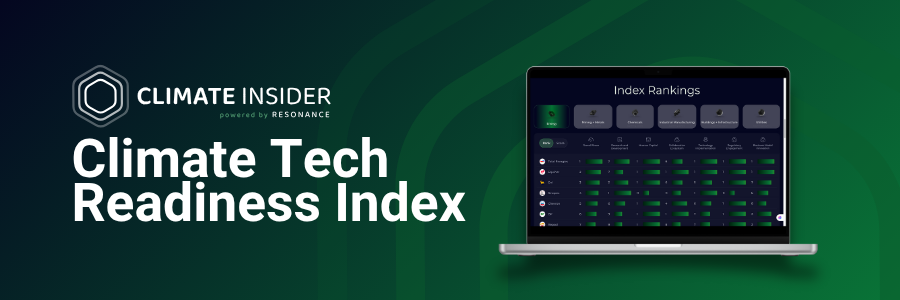Climate Insider Brief:
- Digital solutions can help reduce emissions: The report explores how digital technologies such as AI, IoT, and cloud platforms can help reduce global emissions by 2030 through measures like grid optimization and route planning.
- Public policy is crucial: The report emphasizes the importance of public policy in enabling the deployment of digital solutions, including infrastructure development, education, innovation, and enabling policies to support climate action.
- Google’s Digital Sprinters framework: Google has deployed the Digital Sprinters framework to help governments in emerging markets shape digital transformation policies, focusing on four strategic areas: infrastructure, people, enabling policies, and technology innovation.
Google and Deloitte have released a comprehensive report that explores the potential of digital technologies to reduce global emissions and accelerate climate action. The report, titled “Digital Sprinters: Sustainability Report,” highlights the role of digital solutions in slowing the pace of climate change and helping people adapt to a changing planet.
The report emphasizes that while digital technology alone will not solve the climate crisis, it can play a crucial role in supporting sustainable development and economic growth. For over three decades, Google has been using technology to accelerate meaningful action on climate change, and this report builds on that legacy.
The report examines a range of digital technologies, including artificial intelligence (AI), the Internet of Things (IoT), cloud platforms, and remote satellite measurement. These technologies have the potential to speed decarbonization across a variety of high-emitting sectors, such as transportation, energy, and industry. Additionally, digital tools can enable climate resilience, particularly in emerging and developing markets where the impacts of climate change are most severe.

The report identifies key opportunities for digital technologies to reduce emissions by 2030 through measures such as AI-driven grid optimization and route planning. For example, AI can help optimize energy consumption patterns and reduce waste in industries such as manufacturing and agriculture. Similarly, route planning algorithms can help reduce emissions in the transportation sector by optimizing routes and schedules.
The report also highlights the importance of digital tools in advancing adaptation and resilience. Early warning systems and resilient infrastructure are essential in areas prone to natural disasters or other climate-related hazards. Digital tools can help improve decision-making, automation, and innovation in these areas, enabling more effective crisis response and recovery.
Public policy is seen as crucial in enabling the deployment of these digital solutions. The report provides policy recommendations across four key areas: infrastructure, education, innovation, and enabling policies.
Infrastructure recommendations include measures to expand internet access and ensure data availability, as well as public support for satellite and IoT deployment. Education recommendations focus on deepening digital education to create a workforce well-versed in both climate science and digital technology. Innovation recommendations include creating innovation hubs to incubate new ideas, supporting early-stage digital businesses, and adopting digital climate solutions in municipalities.
Enabling policies are also critical in supporting the deployment of digital solutions. The report recommends establishing standards for climate-related information, such as labels for environmental footprint of products, to help consumers make informed choices. Digital tools can also be used to implement sustainability regulations, support sustainable resource usage, and foster well-functioning climate-related markets.
At Google, we believe that digital technology has the potential to accelerate meaningful action on climate change while also empowering economic growth. We have deployed the Digital Sprinters framework to help governments in emerging markets shape digital transformation policies by focusing on four strategic areas: infrastructure, people, enabling policies, and technology innovation.
The full report is available for download and provides a comprehensive overview of the potential of digital technologies to address climate change. It is a valuable resource for policymakers, businesses, and individuals looking to make a positive impact on the environment.
As we look to the future, we are excited about the potential that digital solutions have to help accelerate action on climate change. With over 3.6 billion people living in areas prone to climate change impacts, it is more important than ever that we work together to develop effective solutions that can help mitigate the effects of climate change and build a more sustainable future.
SOURCE: Google








